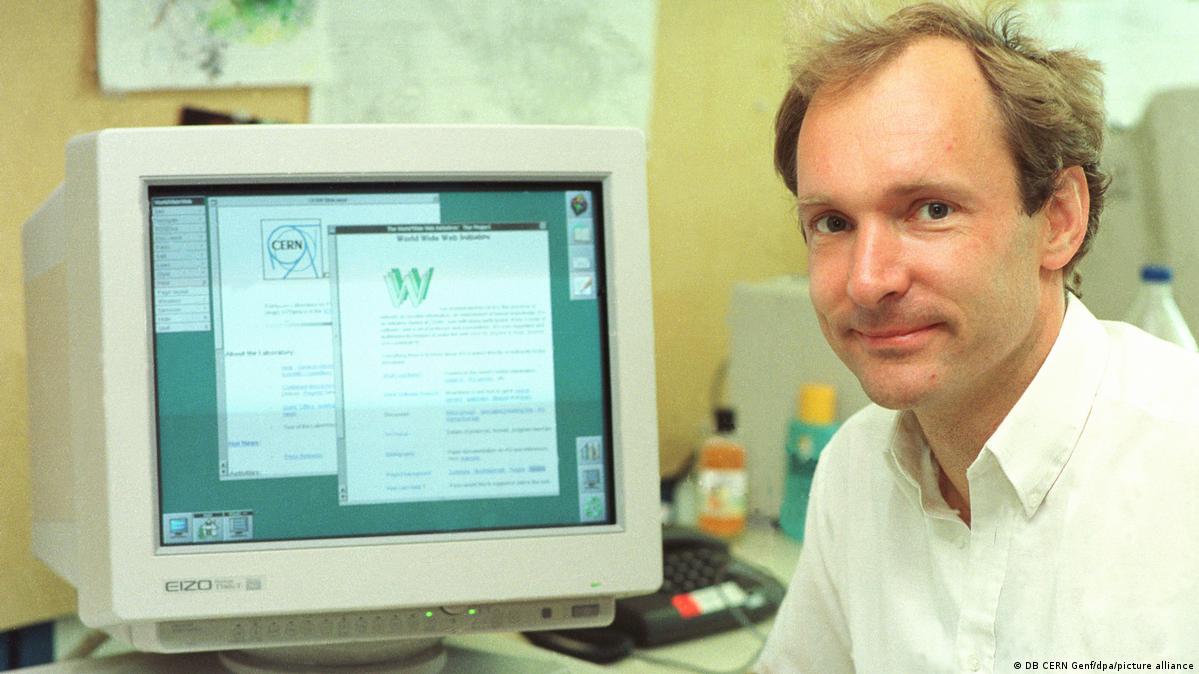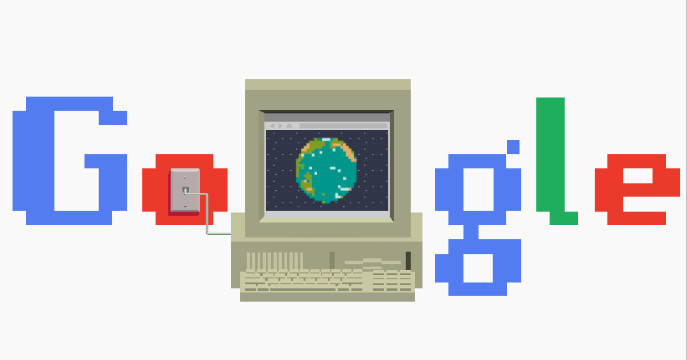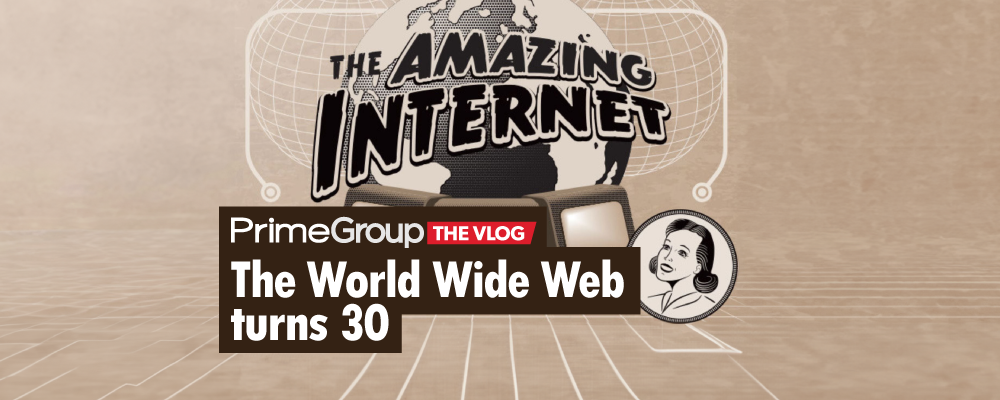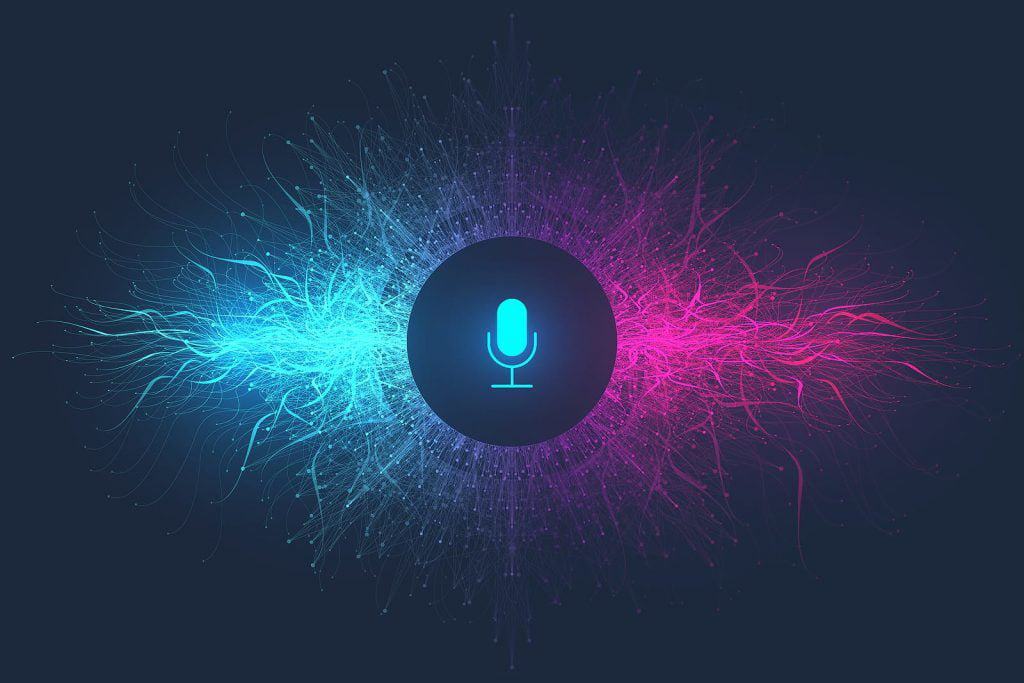The impact of the World Wide Web on our daily lives is truly remarkable, especially considering it has only been around for three decades. The web has evolved from its humble beginnings as a collection of static web pages to its status as an essential part of our interconnected world. Let’s take a look how this powerful technology has transformed our global society and reshaped how we interact with each other and the world around us.
Remember when using the Internet was such a pain? Slow speed, confusing tech lingo, and a complicated interface made it a real headache. But in 1993, Sir Tim Berners-Lee had the genius idea to create the World Wide Web so researchers could collaborate and share information easily. This was reserved computer language, until the CERN in Switzerland decided to make the code public. Thanks to that initiative we can all use it to find and share info.

Needless to say that the Internet is super useful for everyone nowadays. But did you know it all started with research centers and libraries publishing web pages? Then, websites like IMDb came out and made the web more popular. But still it was hard to search with just codes, until Mosaic fixed it; Mosaic was the first web browser. Then other browsers came along like Netscape and Internet Explorer, and companies started to profit from a more accessible web and started an incredible business. America Online, Yahoo, and Amazon were big names back then. Nowadays, we’ve got search engines like Google and Bing that make finding what you’re looking for easy. And with online encyclopedias like Wikipedia, anyone with Internet can learn about anything.
The concept of smartphones revolutionized the web, and the rise of e-commerce changed the way we shop. Online shopping forced traditional brick-and-mortar stores to adapt.
Streaming services like Napster and Spotify made the web even more enjoyable as music was easy to download and listen to. Then the Internet of things started with smart devices like thermostats, security systems, and wearable devices.
While the web has brought many benefits, it poses challenges, such as privacy and security concerns and its impact on mental health and well-being. However, it has also played a significant role in the democratization of information, giving a voice to marginalized groups and facilitating the spread of knowledge and ideas.
The World Wide Web has been a game-changer in technology, connecting people and information in once unimaginable ways. The web has impacted how we live, work, and shop. The possibilities for the future are endless.
The web has also transformed how we communicate, with social media platforms like Facebook, Twitter, and Instagram dominating the Internet. These platforms have enabled people to connect with friends and family worldwide, share their thoughts and experiences, and even start businesses.
Moreover, the web has also revolutionized how we learn and educate ourselves. Online courses and e-learning platforms have made education more accessible and affordable. The web has also allowed a new class of professionals, the digital nomads like me. We can work from anywhere, provided there is an internet connection.
However, the web also faces challenges related to the spread of misinformation, hate speech, and cyberbullying. As the web becomes more integrated into our lives, it is important to address these issues and find solutions to ensure a safe and positive online environment.
Looking to the future, the web will continue to evolve and shape our world in new and innovative ways. With the development of technologies like artificial intelligence, the blockchain, and 5G networks, the web will become even more interconnected and powerful, opening new opportunities for growth and development.

In conclusion, the World Wide Web has transformed the world in countless ways, revolutionizing how we live, work, and communicate. At Prime Group, we are thankful to be able to get our messages across to the world using this fantastic platform of YouTube, also made possible thanks to the WWW magic.


